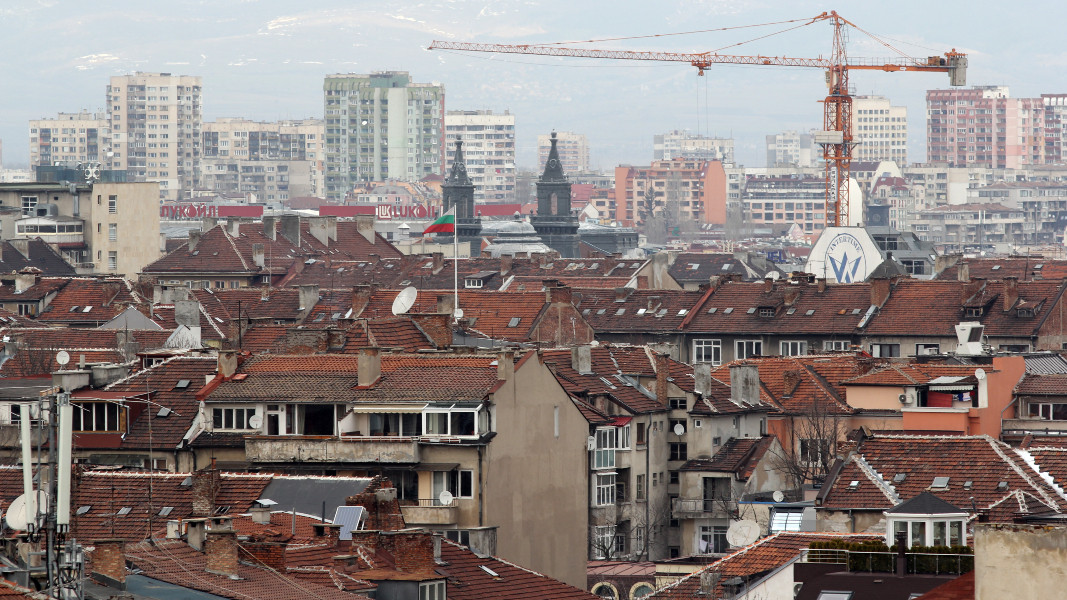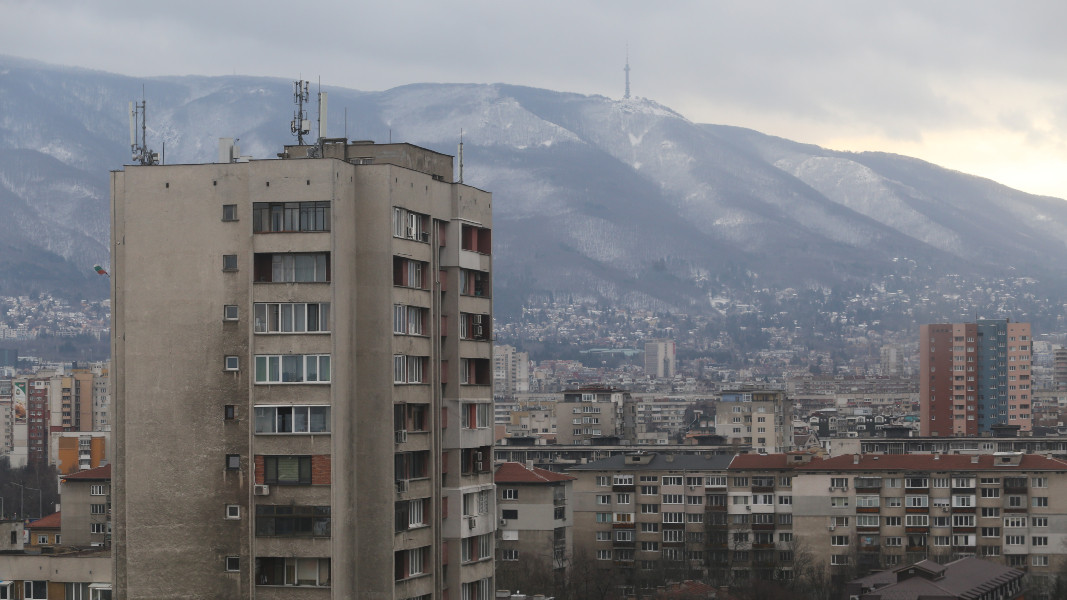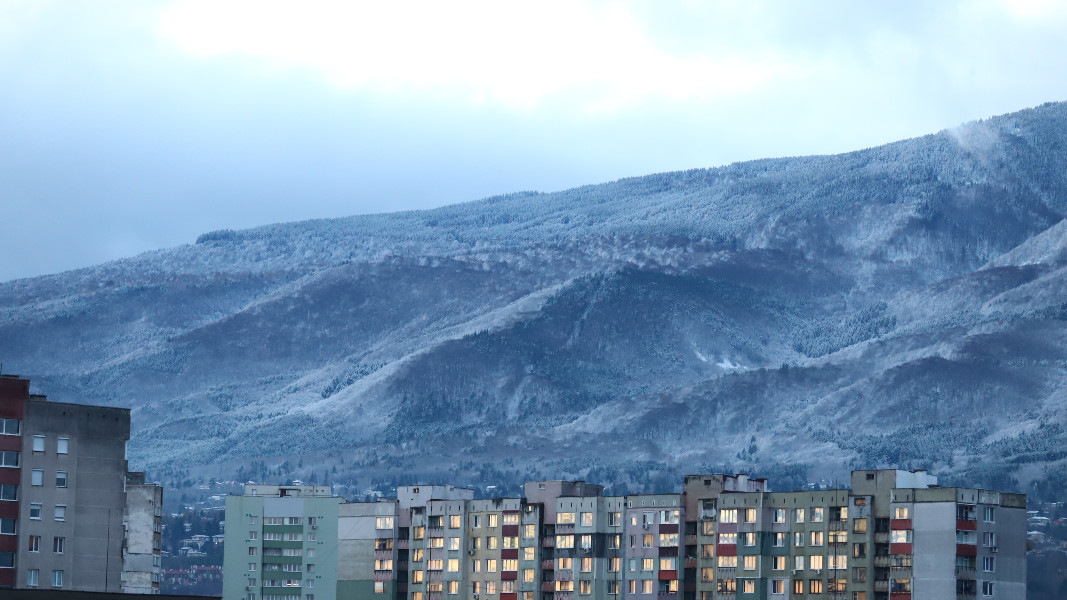The horrifying images of collapsed buildings and destroyed infrastructure after the earthquake in Turkey and Syria placed the question about the state of the housing stock in Bulgaria back on the agenda of society.
Many Bulgarians living in multi-storey buildings are worried if their homes can withstand a possible unpredictable natural disaster. The question of the magnitude that buildings in our cities can withstand divided experts into two camps. According to some experts, various omissions and compromises regarding the quality and safety can be found in newer buildings. Urban planner Emil Hristov from the "Sofia Team" association, however, believes that newer buildings pose the smallest risks for our security in the event of a disaster:

"Buildings constructed before 1960 pose the greatest risk, as back then there were still no serious requirements and norms regarding construction and earthquake resistance. A World Bank analysis shows that the collapse of such buildings would lead to 50% of the casualties."
When it comes to the buildings built in the 1970s and later, they are significantly safer from the point of view of the control exercised during their construction and the serious requirements for construction sites:
"Panel buildings built before 1975 have slightly lower requirements, but in general, panel structures are more deformable and can react well to an earthquake. Here comes the question, if the connections between the panels are intact and if the building is well-maintained."

Maintenance is important for any property, movable or immovable, but when it comes to a residential building, the responsibility to ensure that it does not endanger the lives of the occupants lies with the conscience of the owners.
In Sofia and probably in other Bulgarian cities, there is a serious problem related to the available information on the condition of the buildings.
"Neither we, nor anyone else has such data,” Emil Hristov says. “Mapping and finding reliable information is a very difficult process. Our recommendations, which we wrote in both the 2020 World Bank report and the integrated development plan of the Sofia Municipality are that a detailed analysis of the buildings in the city should be initiated. Every building should have a passport, showing its condition, so that a more adequate intervention can be planned if necessary. Even the archives lack data on the older buildings and some of the archives are missing."
According to Hristov, institutions such as the National Construction Control Directorate store such documentation, but only from a certain period and finding such information for buildings built before 1990 is extremely difficult.

The architect tried to dispel fears that the current certification of buildings across the country, in connection with the energy efficiency program, could label some of the homes as uninhabitable.
"Two checks are being carried out, related to the construction and energy efficiency of the building. I have information from companies that deal with such checks. Their conclusions are that in 90% of the cases, the buildings receive a positive assessment with certain remarks. Negative evaluations from the point of view of seismic risk are given to some buildings constructed before the 1960s. I rule out the possibility that the number of buildings in need of serious reconstruction after such an assessment will be too big.”
A decision on whether and how to assist owners who have received an order to improve the structural sustainability of their building is still being sought.
English version: Al. Markov
Photos: BGNES
When a contribution in the sphere of science is transformed into the basis for subsequent in-depth research the boundaries between countries and continents seem to melt away – literally and figuratively. That is precisely what happened during a..
Sofia is hosting the finals of ER Champ 2025 — described by the organisers as the world’s largest international escape room competition . Taking place on 19 and 20 October, the event will bring together twelve teams from around the globe , each of..
More than 500 people from across Bulgaria are gathering today in the village of General Todorov, near Petrich, for the national festival “Once Upon a Time… When Bread Had a Soul,” the village mayor, Stanislav Stankov, has announced. Now in its fourth..
Robert Joseph Miller, Bulgaria’s Honorary Consul in Nevada, was awarded the prestigious “Golden Laurel Branch” of the Ministry of Foreign Affairs for his..
The Bulgarian team is returning home with four medals from the Youth International Olympiad on Astronomy and Astrophysics (IOAA) , held in the Romanian..
The Association of Bulgarian Schools in America invites children from the Bulgarian community in North America to participate in a..

+359 2 9336 661
